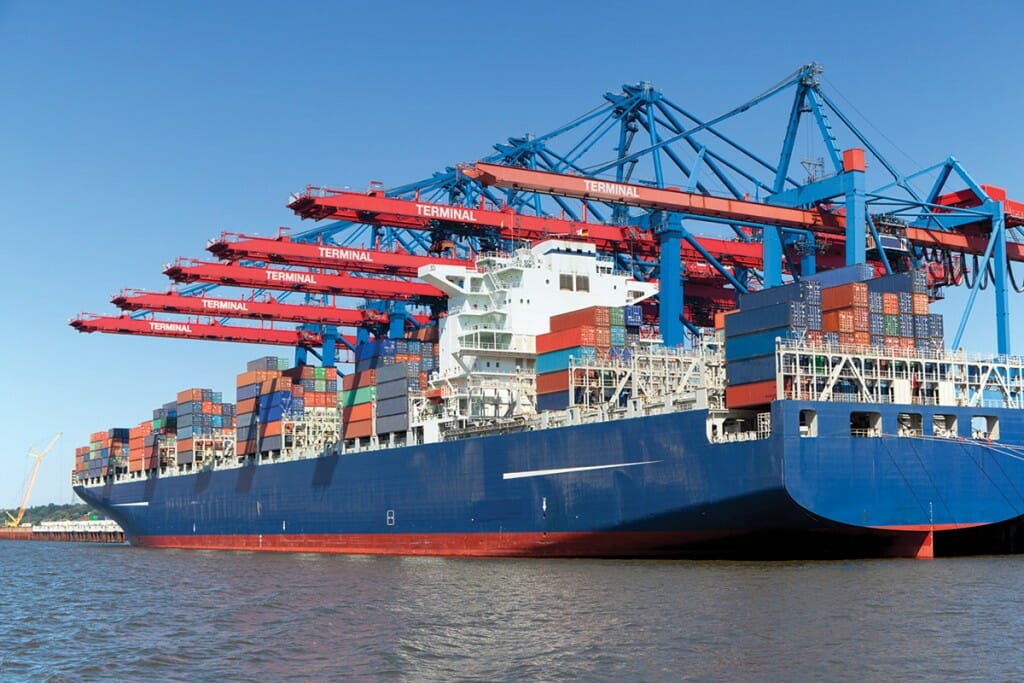Ask an Expert: What’s the Tiff about Tariffs?
“I am a Tariff Man,” President Donald Trump famously tweeted in December. That persona is a sharp break from presidents of the past, says Menzie Chinn, a UW professor of public affairs and economics. Trump and other protectionists aim to shield domestic industries from foreign competition by putting taxes — known as tariffs — on imports.
Last spring, the administration imposed steep tariffs on imported aluminum and steel, hoping to bolster U.S. industries and employment. An unintended consequence, Chinn notes, is that American companies relying on these materials — notably within the construction industry — now face higher costs. The tariffs also spurred retaliation on American exports. “I think it’s a misunderstanding in Trump’s mind of what trade protection does,” he says. Overall, Chinn and many trade experts predict a net negative effect on U.S. employment.
What worries Chinn most is how the tariffs were implemented. The administration invoked rarely used trade laws administered by the executive branch, leading to short- and long-term uncertainty. In uncertain times, companies delay expansion and lenders give fewer loans, potentially slowing the economy.
In an increasingly global and technological marketplace, products often are made up of many different parts that are shipped from all over the world. Adding even a small tariff on pieces that cross borders multiple times can create a much larger disruption than in the past.
Ultimately, Chinn believes we will come to find that restricting trade is costly.
Published in the Spring 2019 issue




Comments
No comments posted yet.